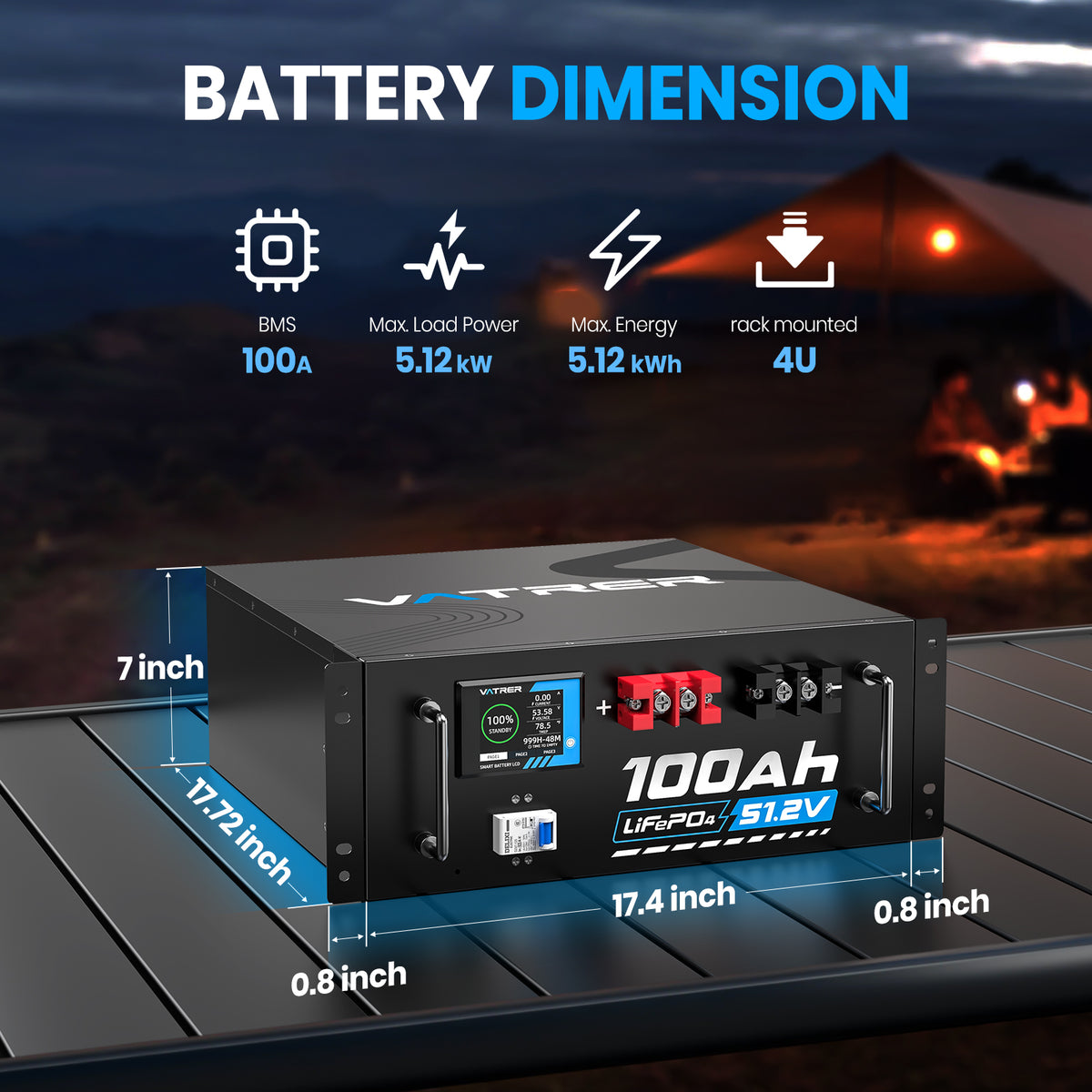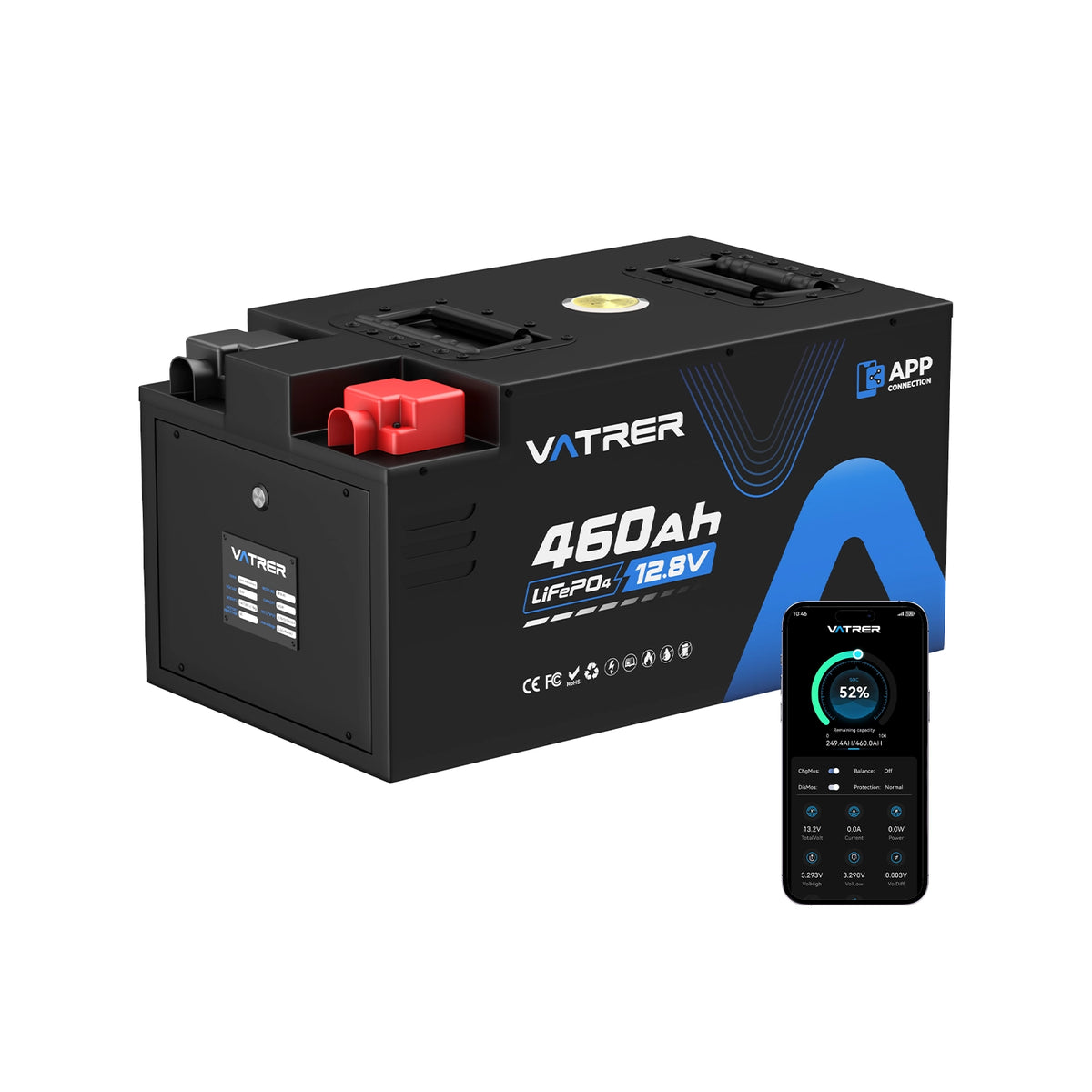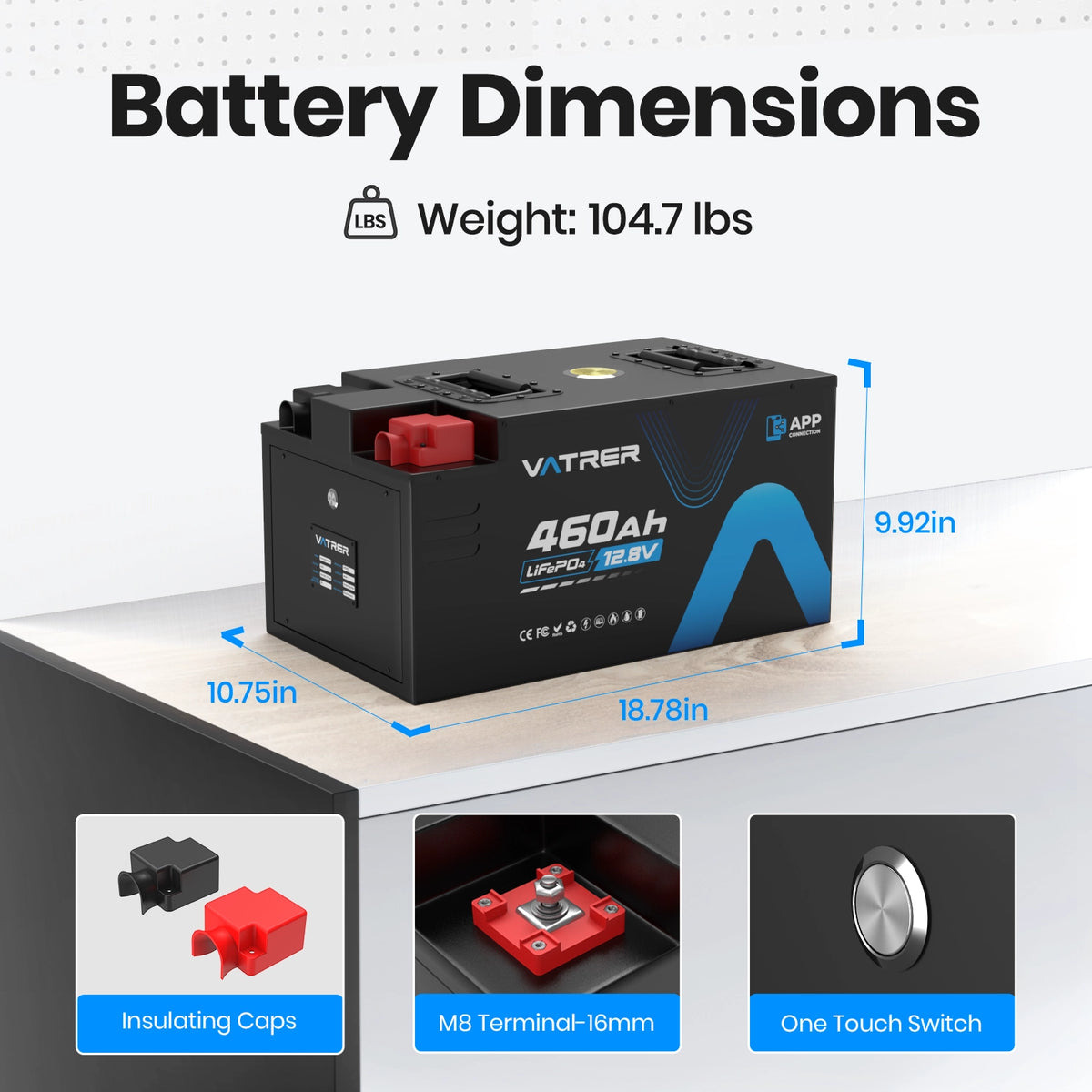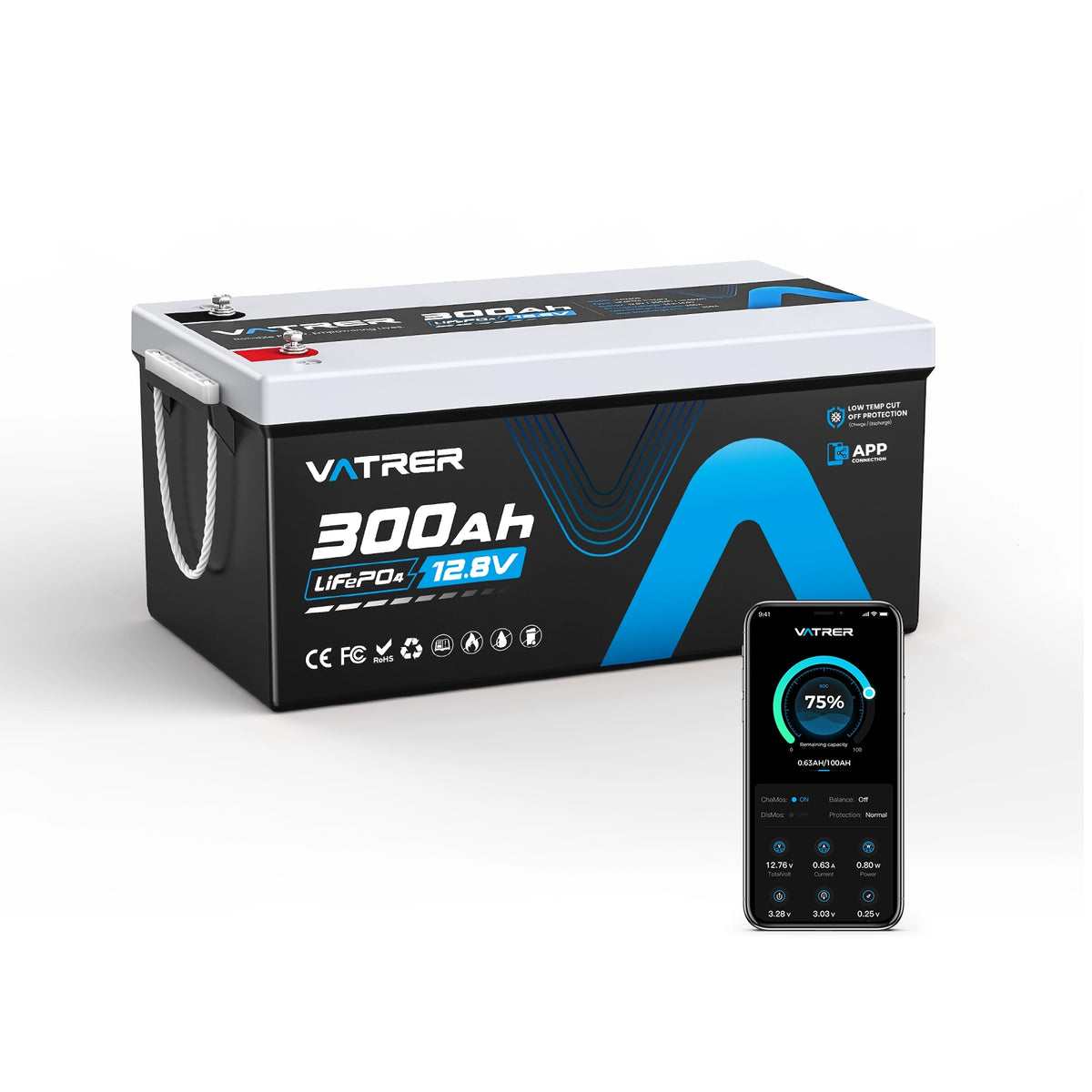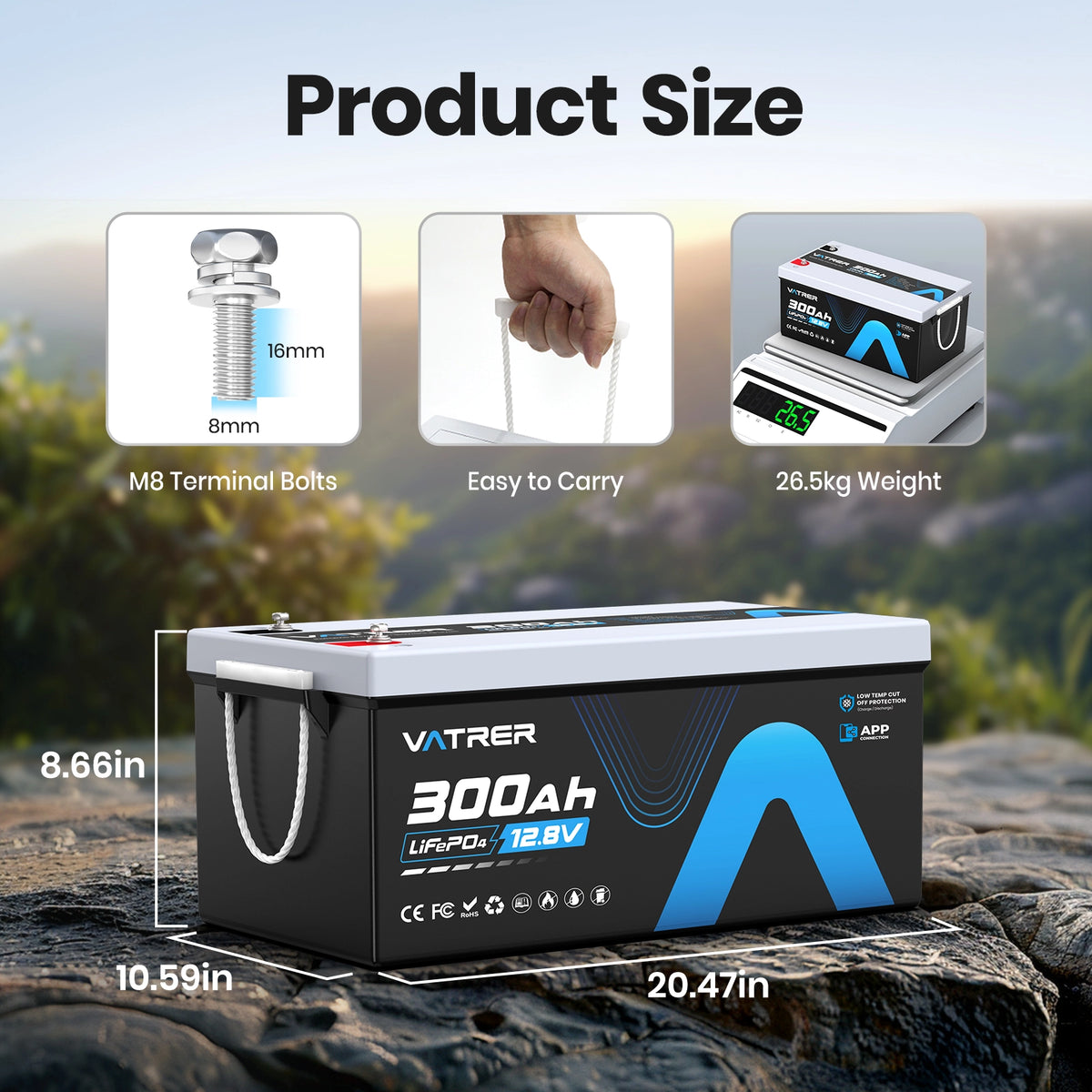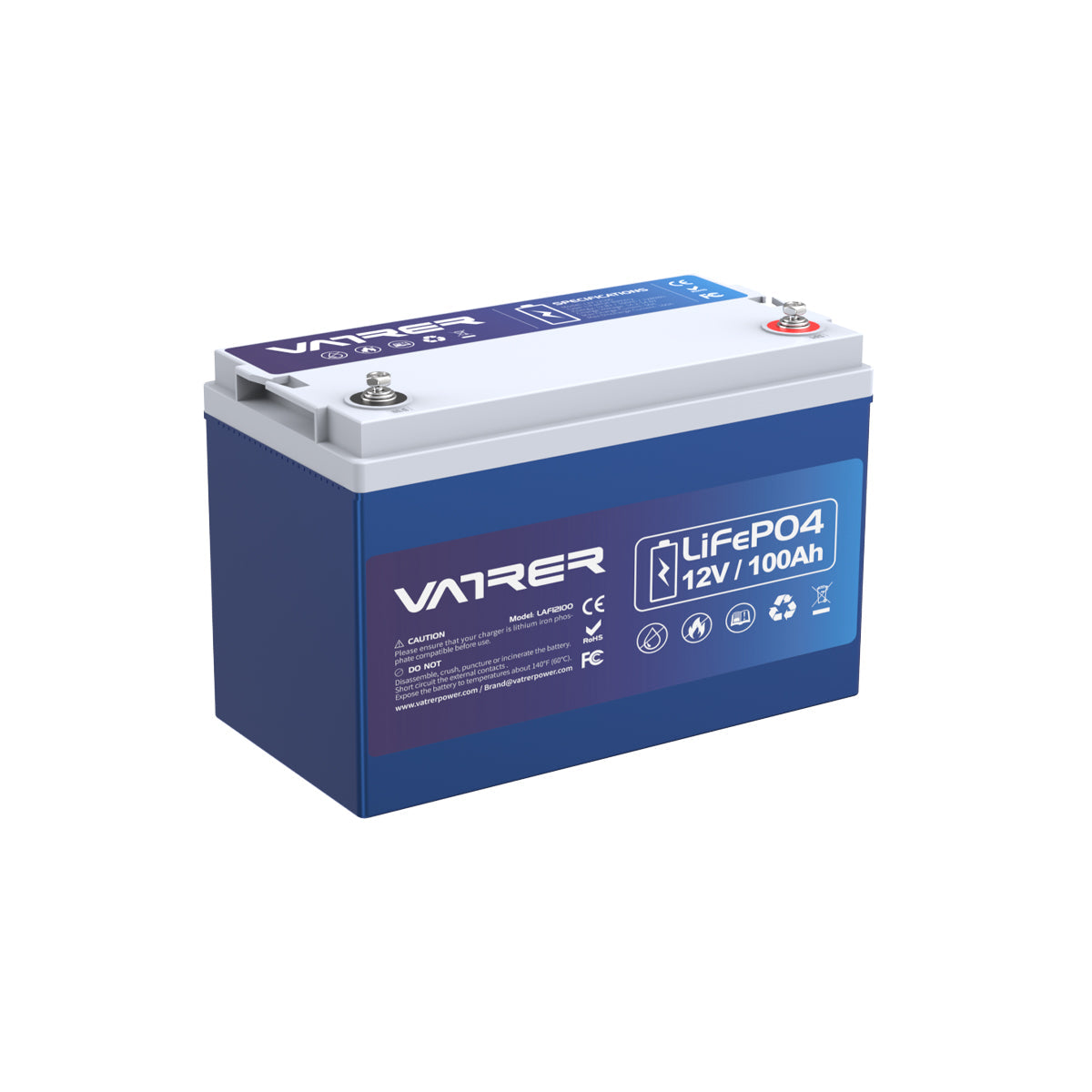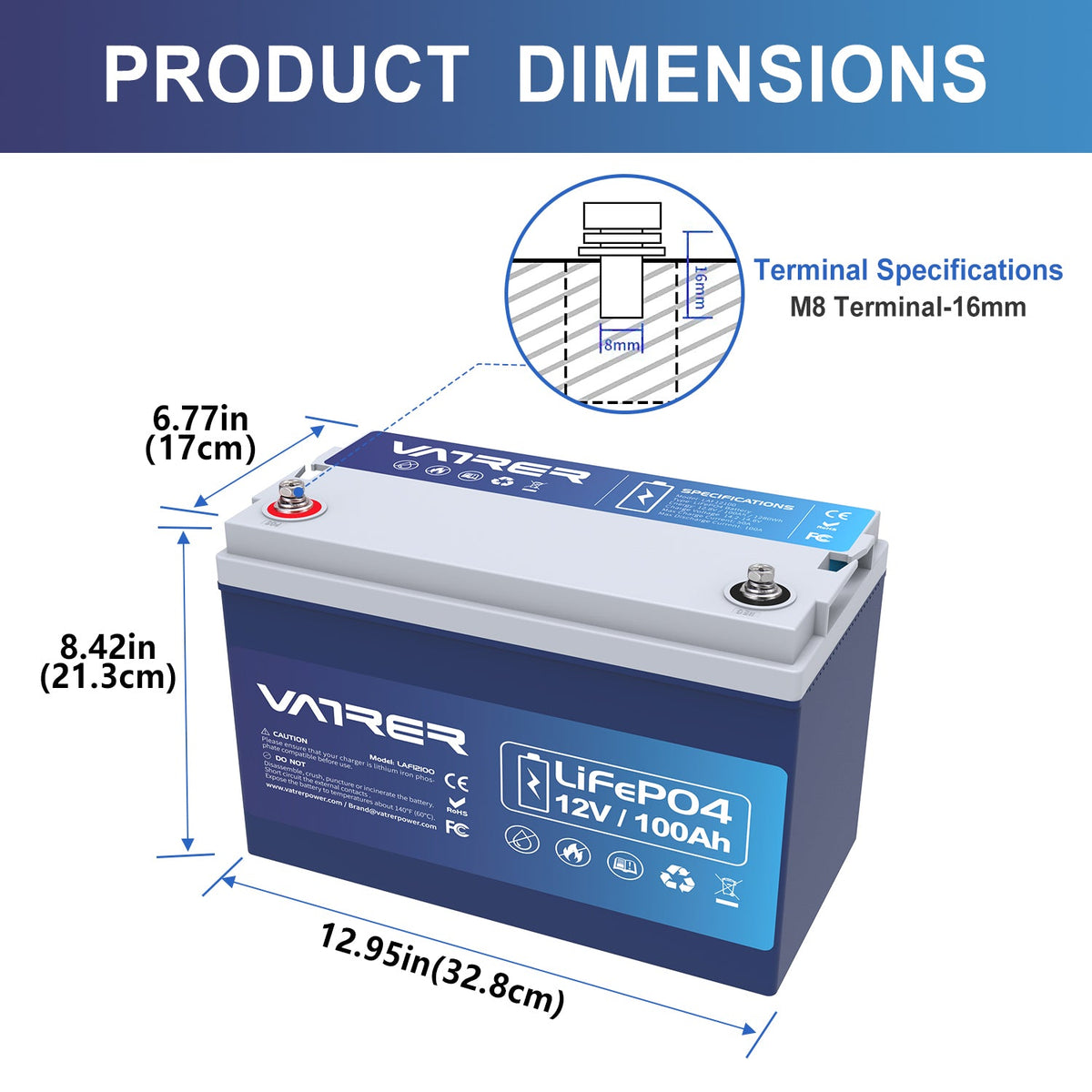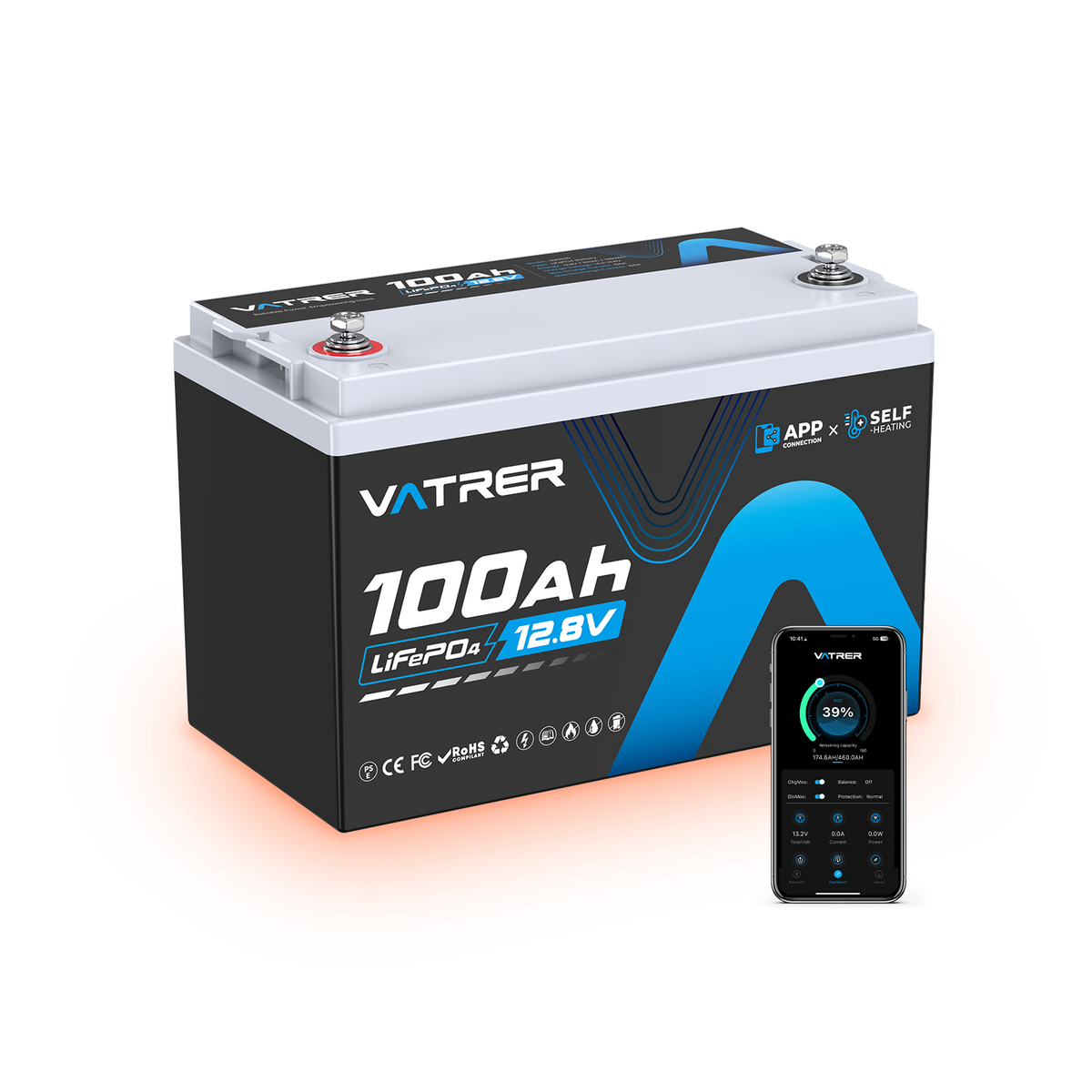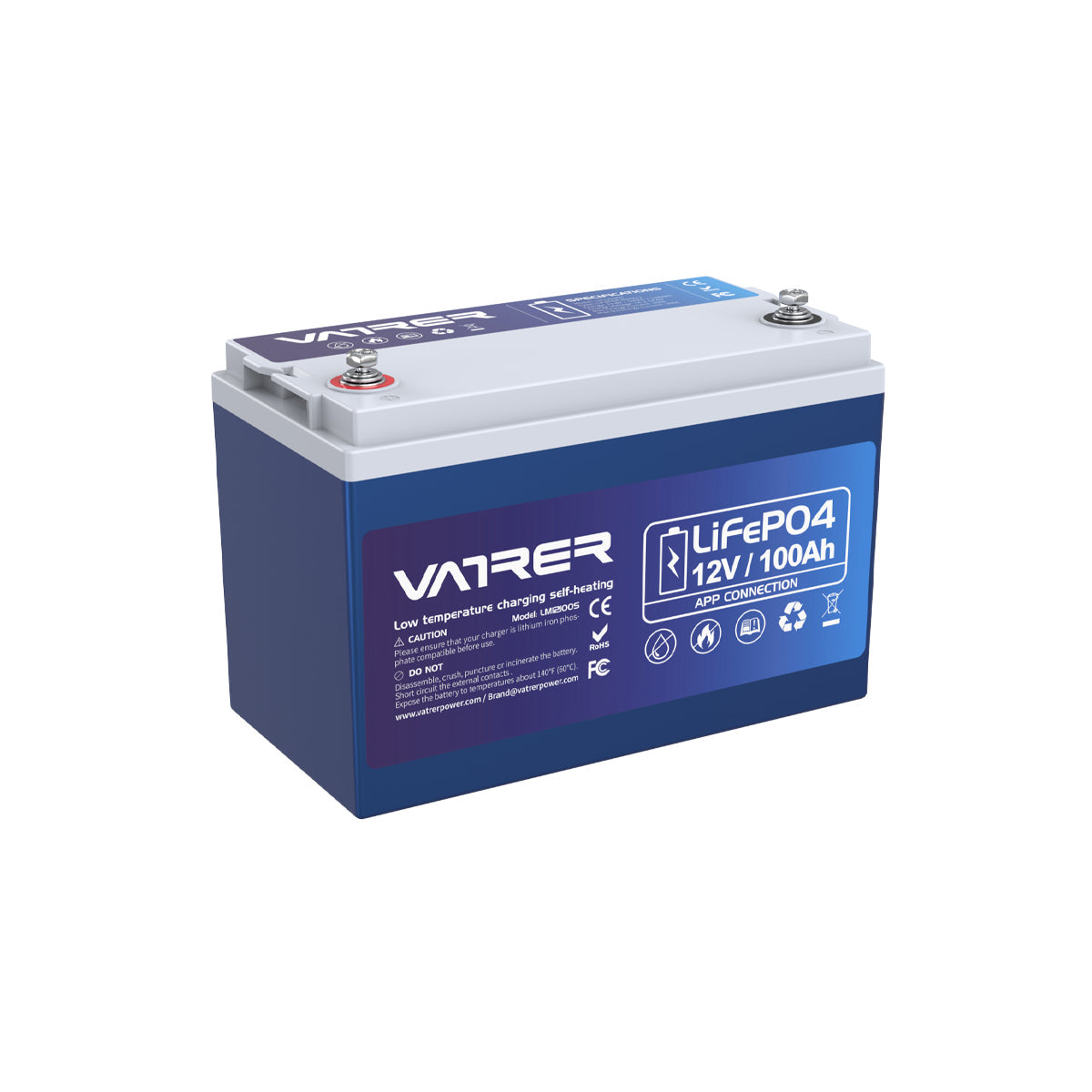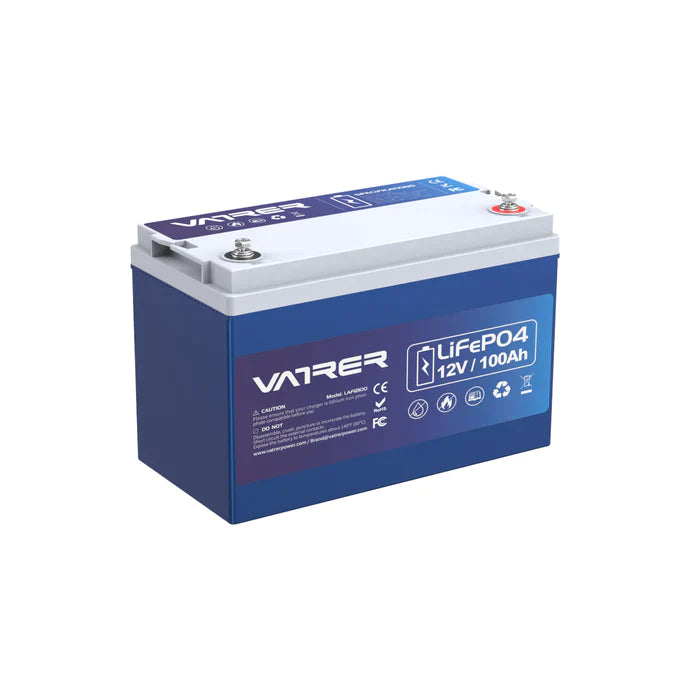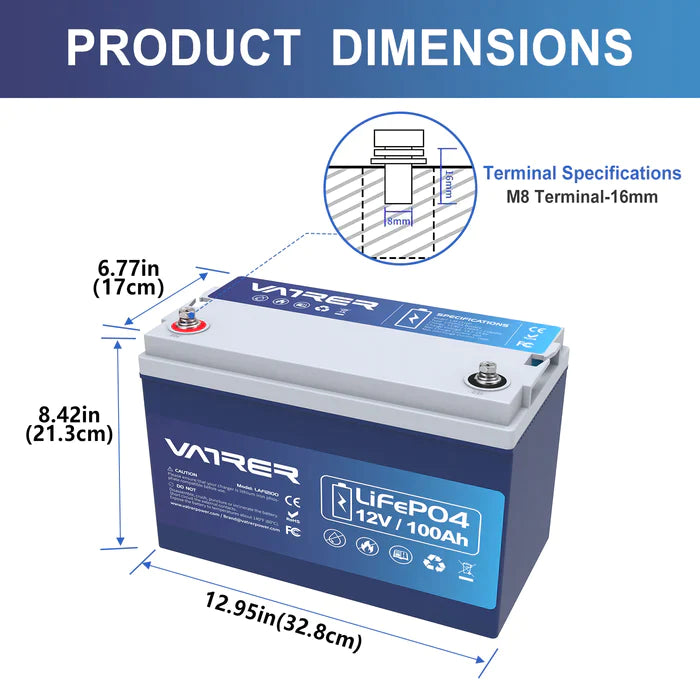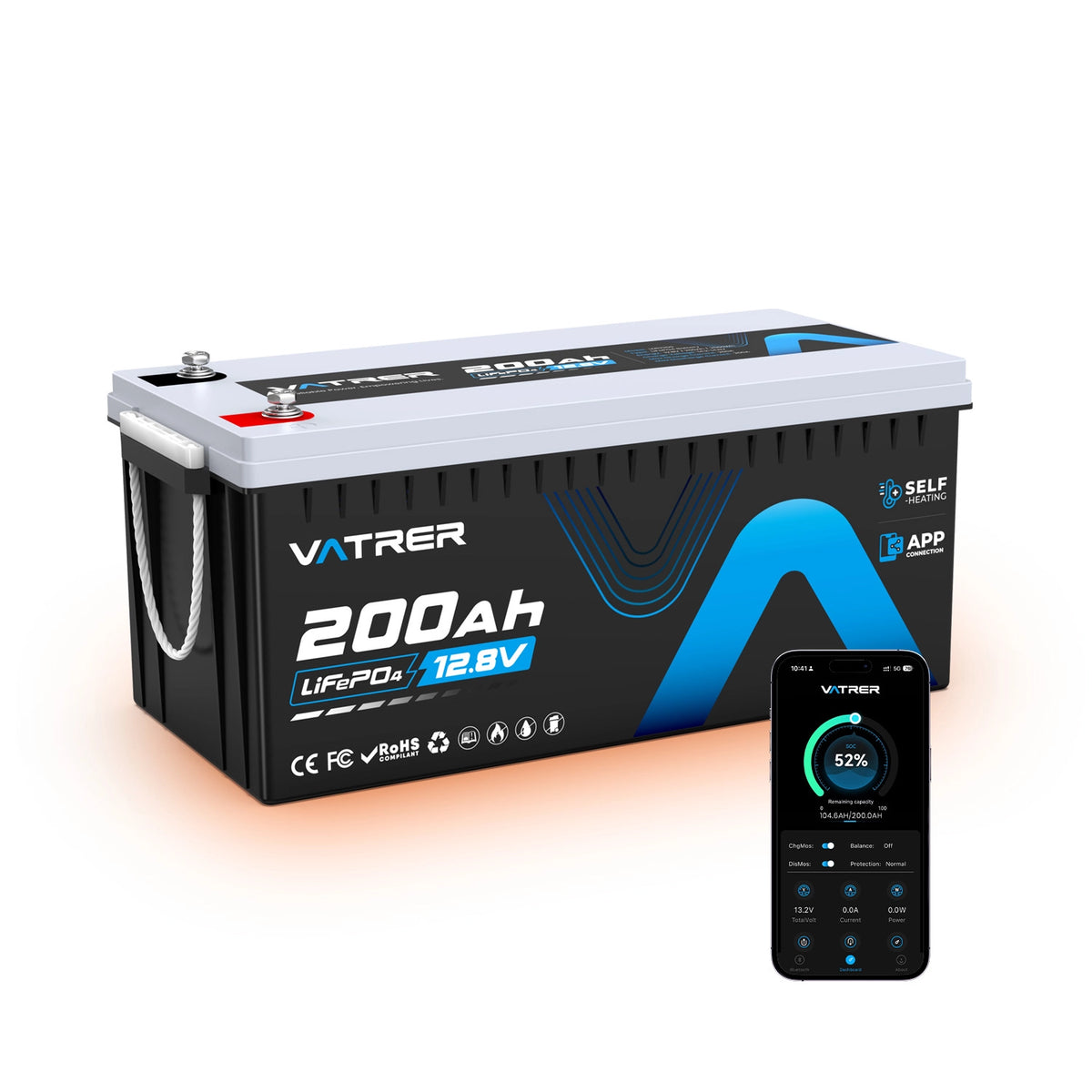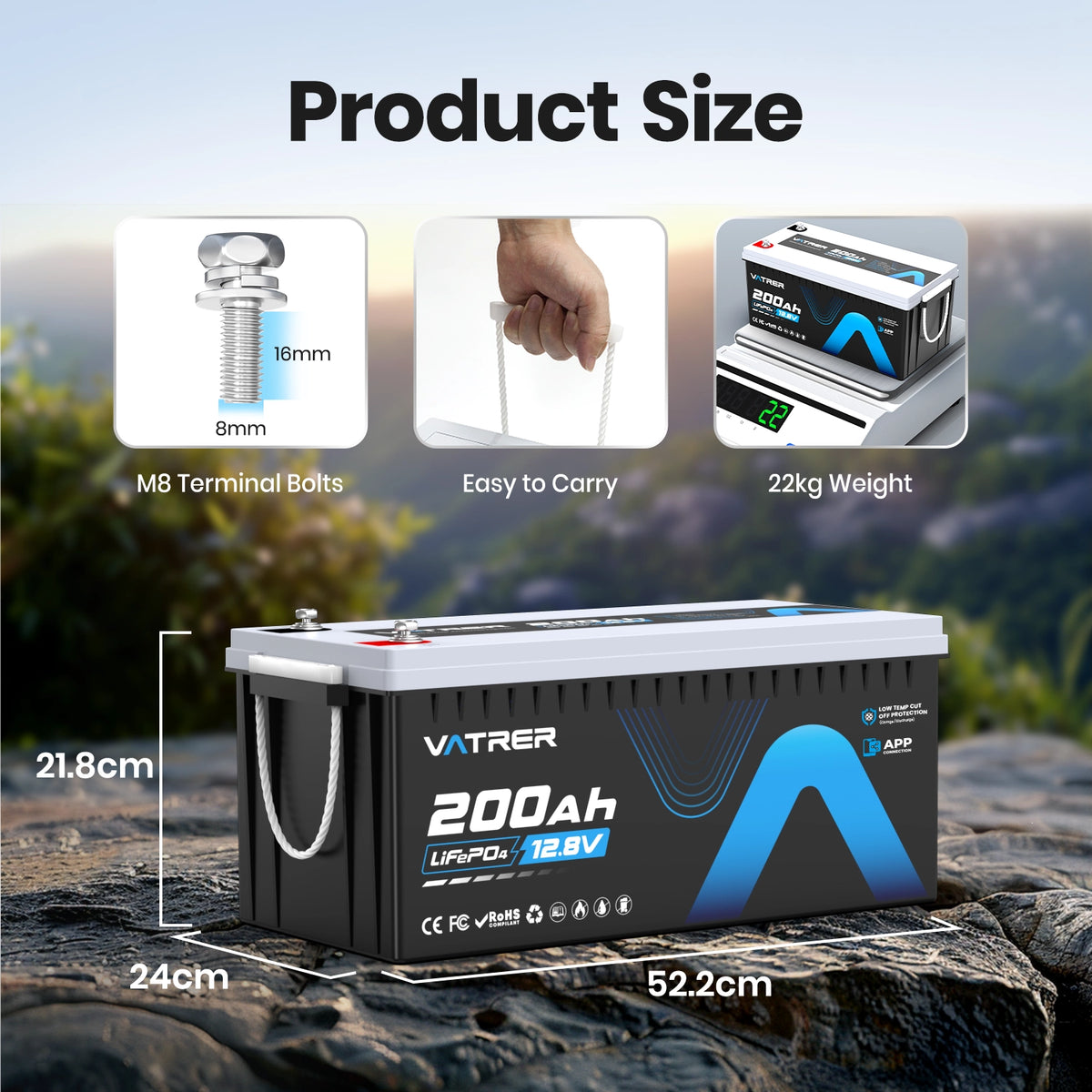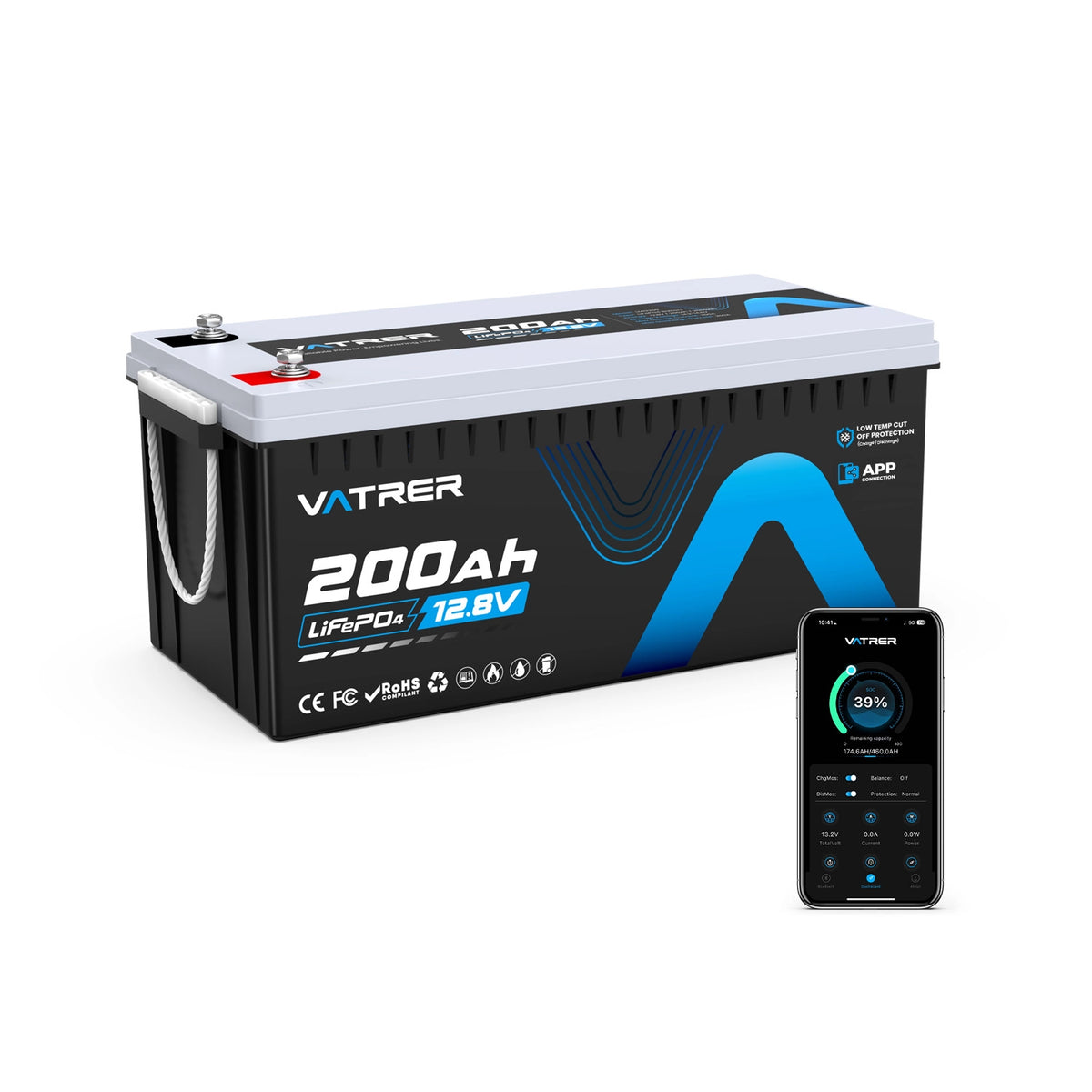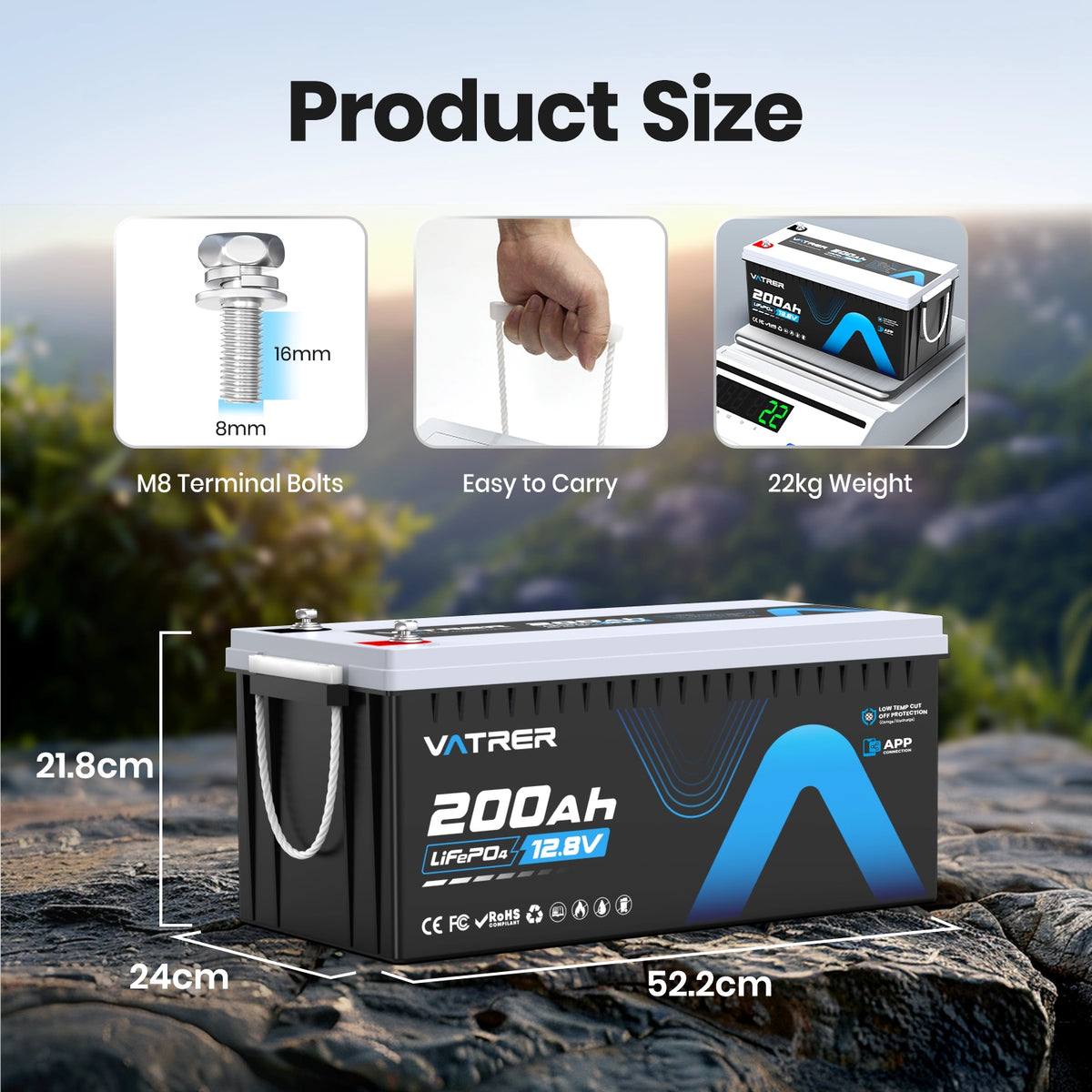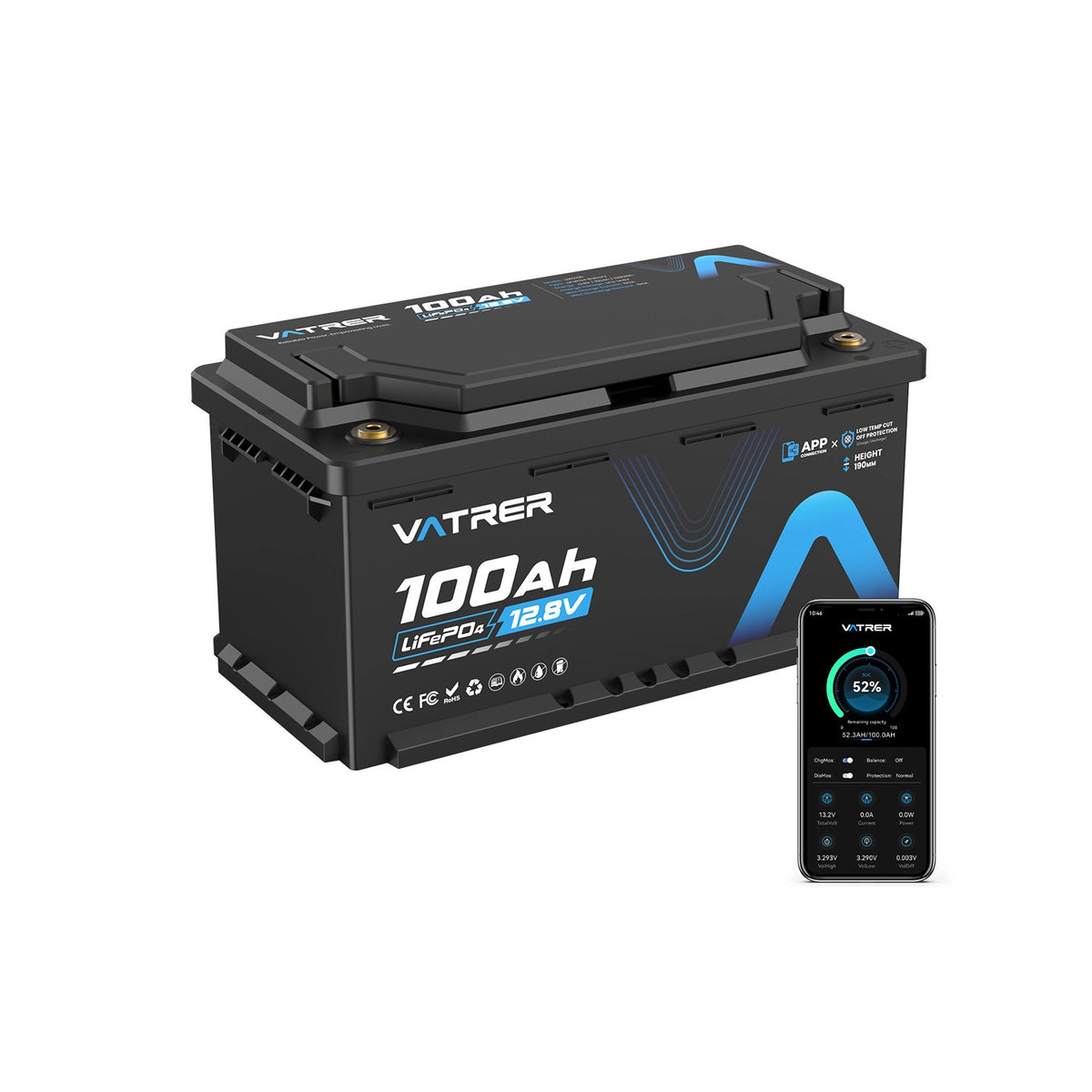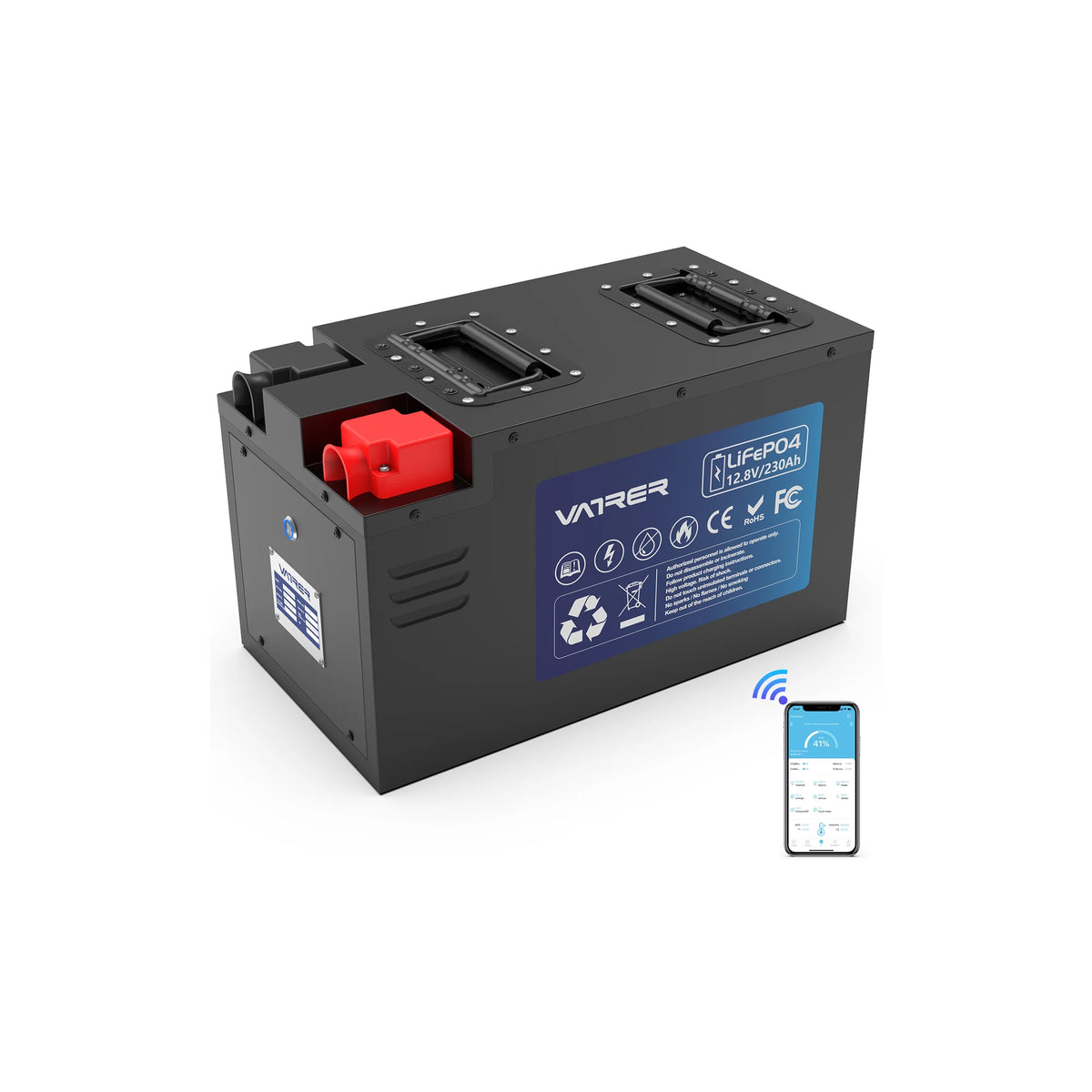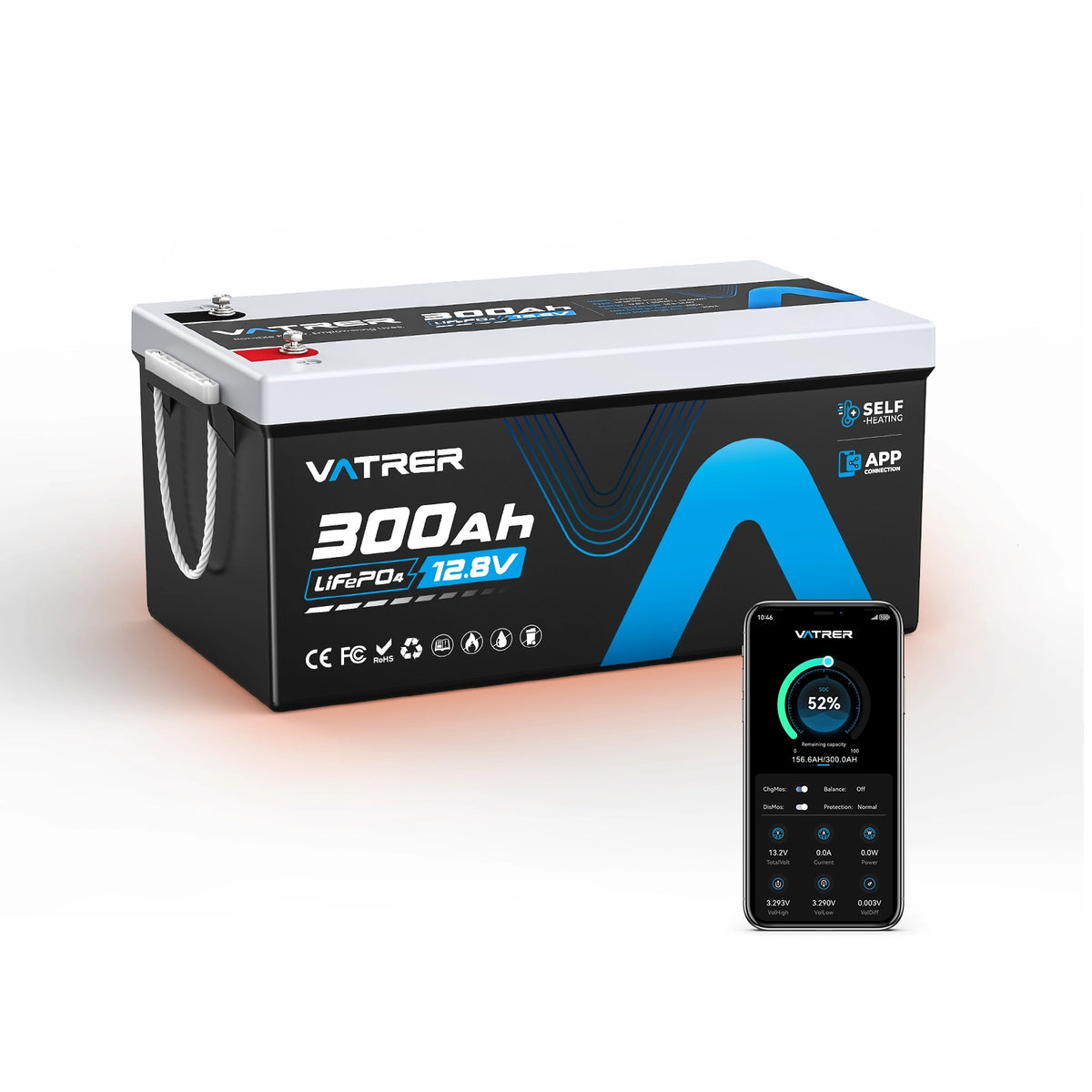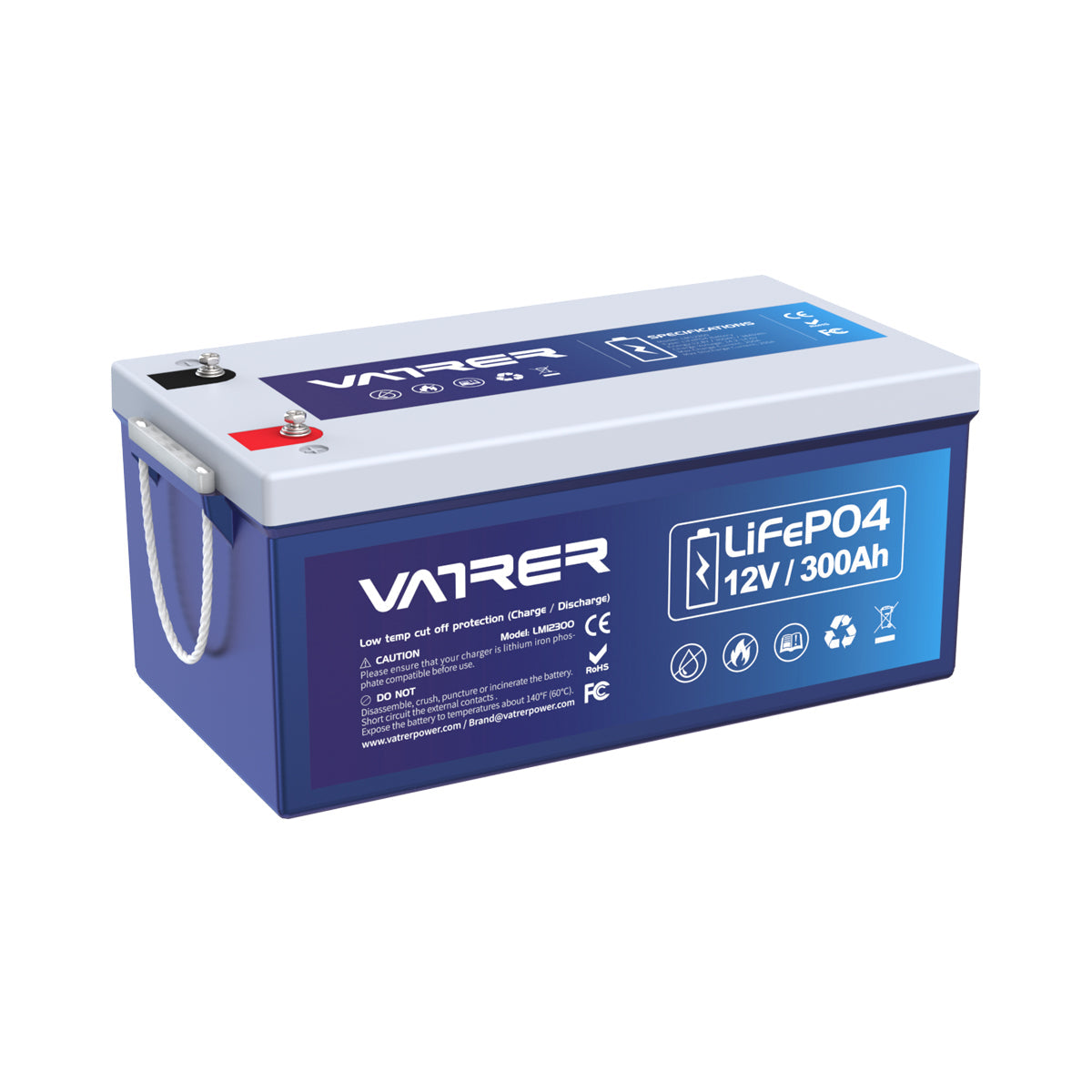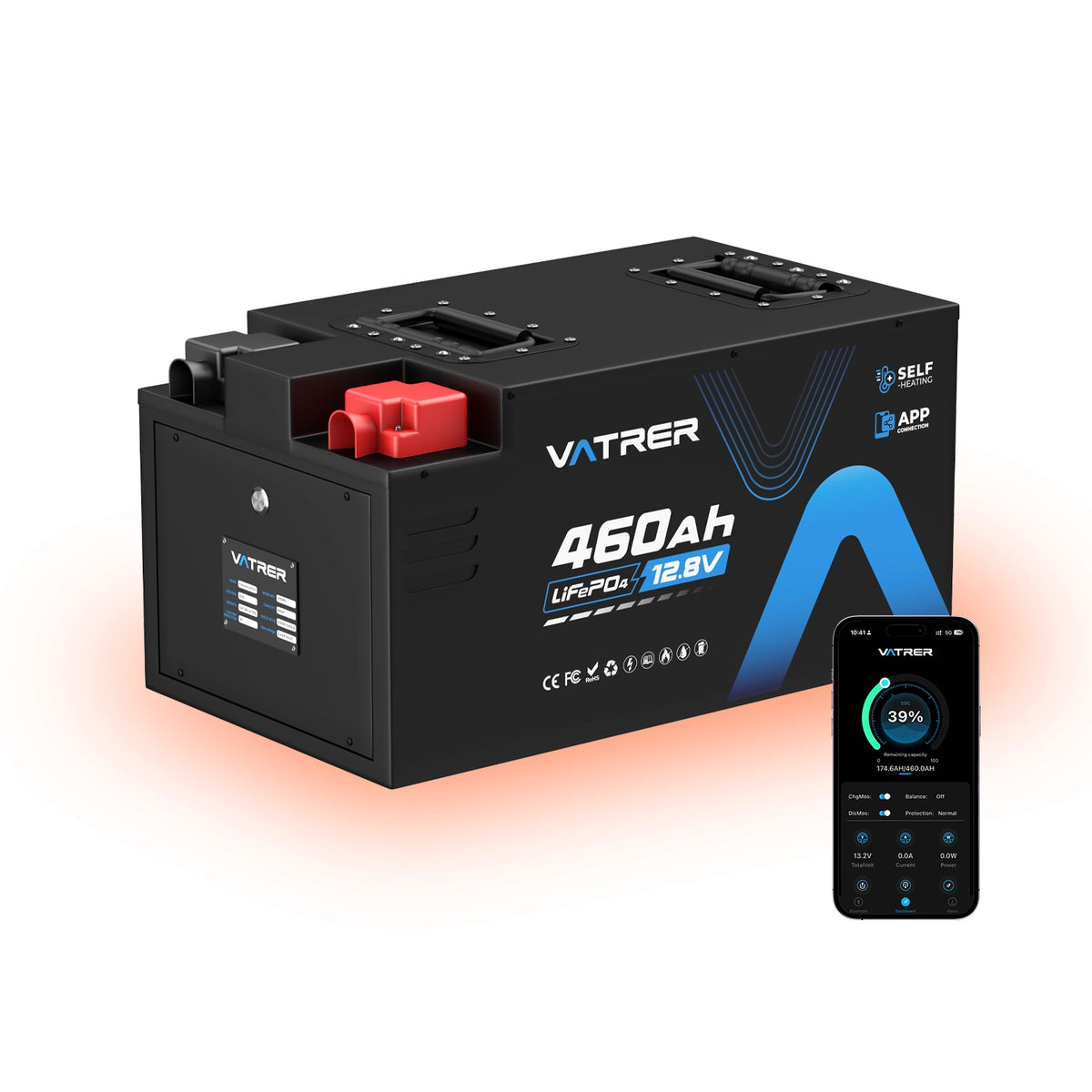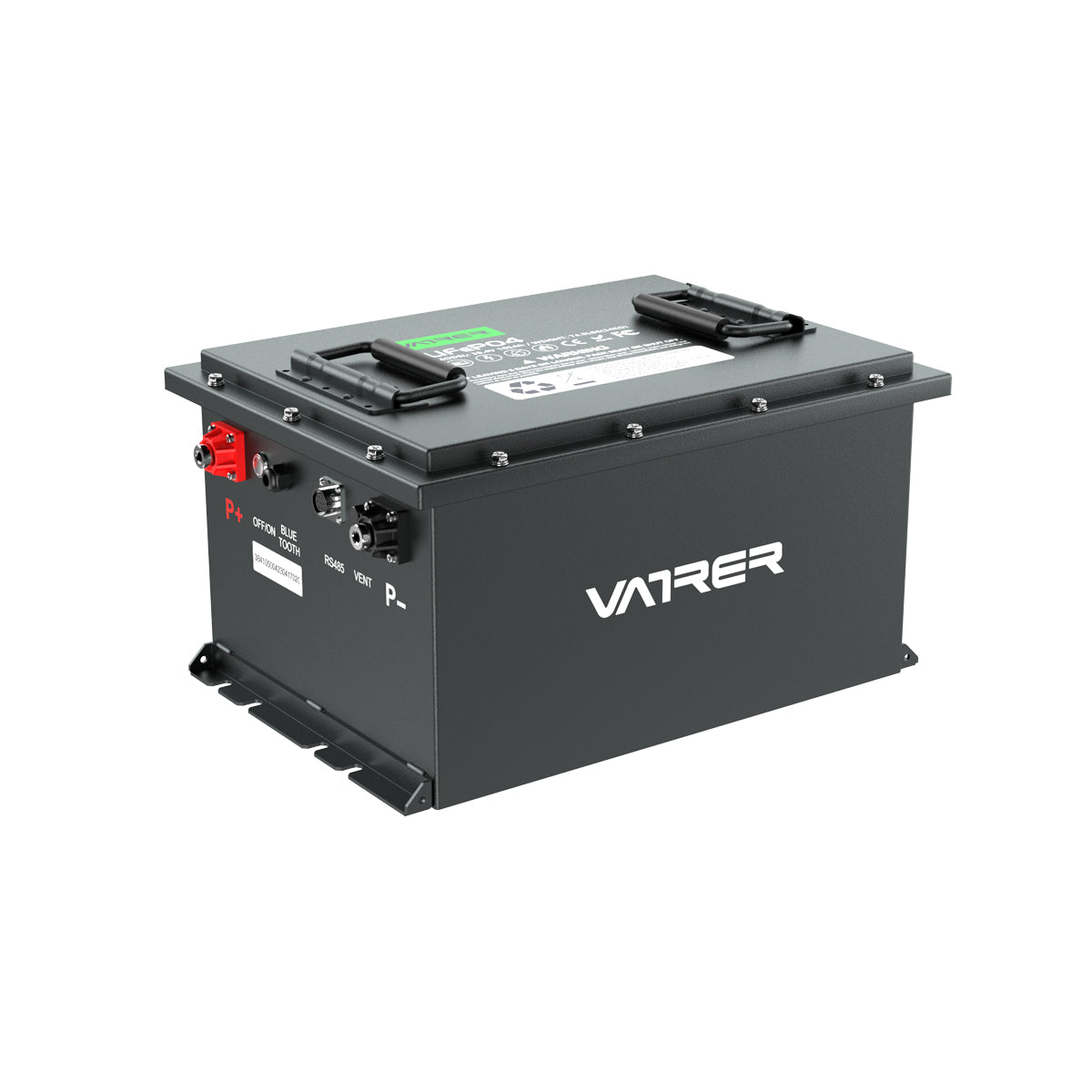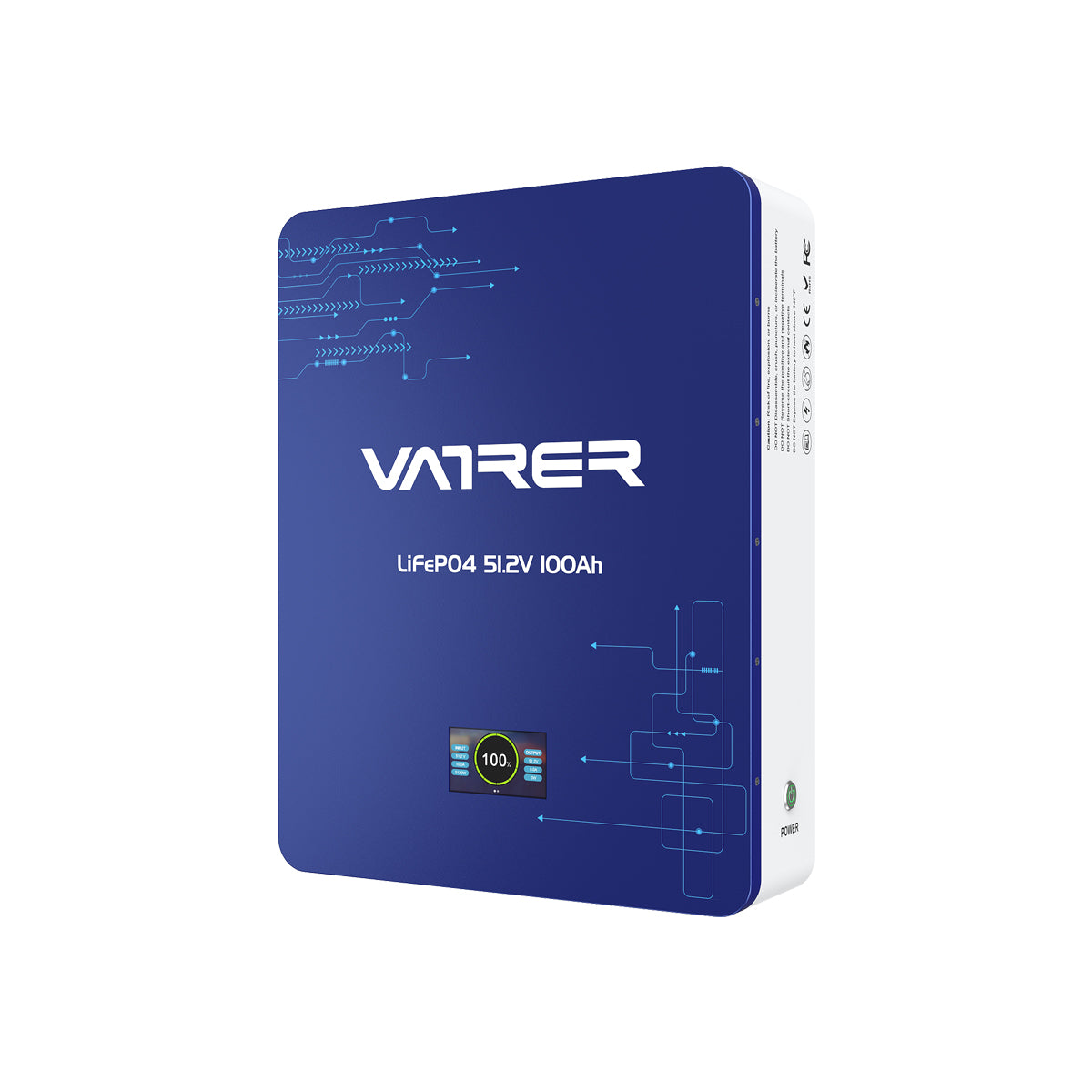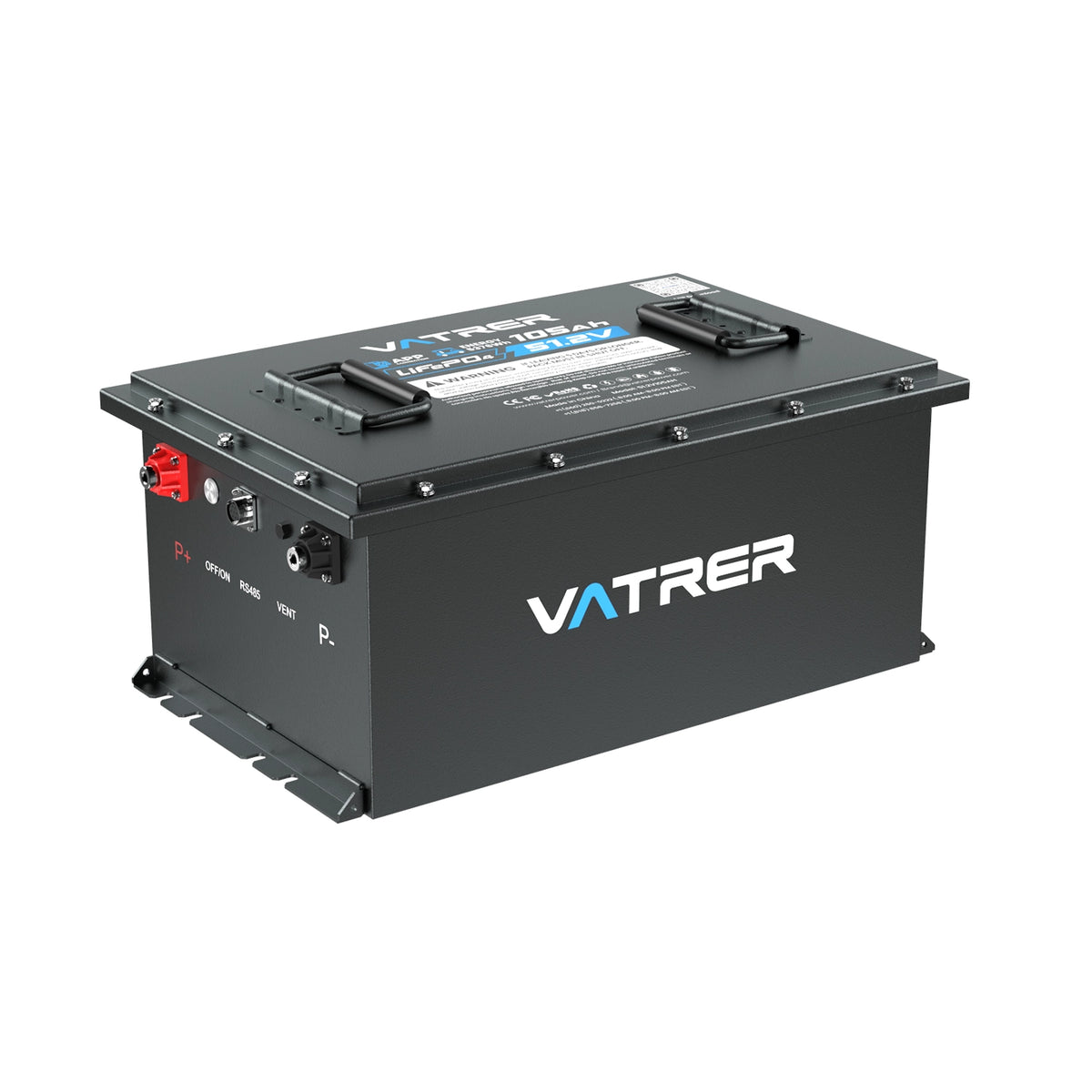1. Introduction
Importance of Understanding Battery Systems
In today's technologically driven world, battery systems play a crucial role in powering a wide array of devices and applications, from small electronic gadgets to large industrial machines. Understanding the differences between various battery systems is essential for optimizing performance, ensuring safety, and achieving cost-effectiveness. Among the most common battery systems are the 12V and 24V systems, each with its unique characteristics and applications. This paper aims to provide a comprehensive comparison of these two systems, highlighting their technical differences, applications, advantages, disadvantages, and cost considerations.
Overview of 12V and 24V Systems
The 12V and 24V battery systems are widely used in various sectors, including automotive, marine, renewable energy, and off-grid applications. The primary distinction between these systems lies in their voltage output, which influences their suitability for different applications. A 12V system is typically used for smaller, low-power applications, while a 24V system is preferred for larger, high-power applications. Understanding these differences is crucial for selecting the right system for specific needs.

2. Technical Differences
Voltage and Current Characteristics
The fundamental difference between 12V and 24V battery systems is their voltage output. A 12V battery system consists of a series of cells that produce a total voltage of 12 volts, while a 24V system comprises cells that produce 24 volts. This difference in voltage affects the current flow and power output of the systems. For the same power output, a 24V system will draw less current than a 12V system, which can result in reduced heat generation and increased efficiency.
Energy Efficiency and Power Output
Energy efficiency is a critical factor in battery systems, as it determines how effectively the stored energy is converted into usable power. 24V systems are generally more energy-efficient than 12V systems due to lower resistive losses. This efficiency translates into higher power output, making 24V systems suitable for applications that require more power, such as large motors and inverters.
3. Applications
Common Uses for 12V Systems
12V battery systems are commonly used in applications where portability and compactness are essential. These include:
-
Automotive applications, such as car batteries
-
Small boats and marine applications
-
Recreational vehicles (RVs)
-
Solar street lights
-
Backup power for small electronic devices
Common Uses for 24V Systems
24V battery systems are preferred for applications that require higher power and efficiency. These include:
-
Large trucks and commercial vehicles
-
Industrial machinery
-
Large boats and marine applications
-
Off-grid solar power systems
-
High-power inverters and motors
4. Advantages and Disadvantages
Pros and Cons of 12V Systems
Advantages:
-
More affordable and widely available
-
Suitable for low-power applications
-
Easier to find compatible components and accessories
Disadvantages:
-
Less efficient for high-power applications
-
Higher current draw can lead to increased heat and energy loss
Pros and Cons of 24V Systems
Advantages:
-
More energy-efficient with lower resistive losses
-
Suitable for high-power applications
-
Reduced current draw allows for thinner wiring and less heat generation
Disadvantages:
-
Higher initial cost
-
Limited availability of compatible components and accessories
5. Cost Considerations
Initial Costs
The initial cost of a battery system is a significant factor in the decision-making process. Generally, 12V systems are more affordable than 24V systems due to their widespread use and availability. However, the cost difference can be offset by the increased efficiency and power output of 24V systems in high-power applications.
Long-term Maintenance and Efficiency
Long-term maintenance and efficiency are crucial considerations for battery systems. While 12V systems may have lower upfront costs, they can incur higher maintenance costs due to increased heat generation and energy loss. In contrast, 24V systems, with their higher efficiency and reduced heat generation, may offer cost savings in the long run.
6. Choosing the Right System
Factors to Consider
When choosing between a 12V and 24V battery system, several factors should be considered:
-
Power requirements: Determine the power needs of your application to select the appropriate system.
-
Efficiency: Consider the energy efficiency and potential cost savings of each system.
-
Compatibility: Ensure that the chosen system is compatible with existing components and accessories.
-
Budget: Evaluate the initial and long-term costs to make an informed decision.
Case Studies or Examples
Consider the example of an off-grid solar power system. A 24V system may be more suitable due to its higher efficiency and ability to handle larger power loads. In contrast, a 12V system may be ideal for a small RV or boat where portability and cost are more critical factors.
7. Conclusion
Summary of Key Points
In summary, the choice between a 12V and 24V battery system depends on various factors, including power requirements, efficiency, compatibility, and budget. While 12V systems are more affordable and suitable for low-power applications, 24V systems offer higher efficiency and are better suited for high-power applications.
Final Recommendations
For applications with higher power demands and where efficiency is a priority, a 24V system is recommended. However, for smaller, low-power applications where cost and availability are more critical, a 12V system may be the better choice. Ultimately, understanding the technical differences and applications of each system will guide you in making the best decision for your specific needs.






